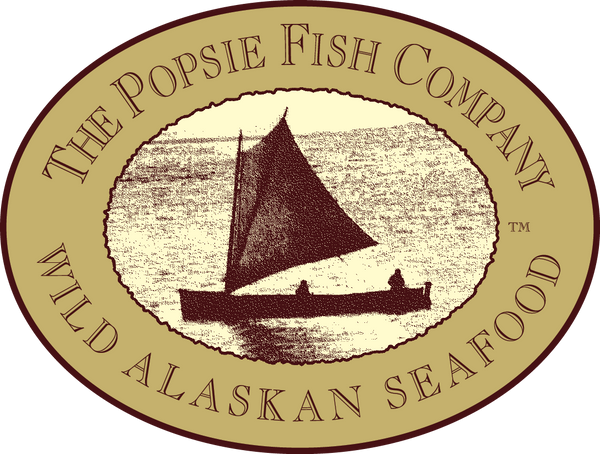In the 1980’s our construction business was big, mostly military defense construction for the US Navy and Corps of Engineers. We were all over Alaska, in Hawaii, we had an office on Guam in the Marianas Islands, and in Khabarovsk, Russian Far East. All this time we were friends with Coni Devaney, a women I had met when I first came to Homer. Coni fished in Bristol Bay. She lived in a tent and I can’t imagine all the times she had to run off bears. Her family pioneered set netting, they were the first, with others to do it. Coni’s mom, Wilma Williams, started up the boat storage and supply station at Coffee Point. Coni fished there for 20 years like that, whew. Coni is about 5’3 and 110 pounds and is stronger than Paul Bunyan. But Coni wanted to quit fishing and work in Homer. At our end, Sarah and Jeff were in Jr. High and needed to be kept busy and needed to earn money for college and spending. When I grew up, my dad had an answer for that, for me … I had to push cows around and bale hay … so I had a similar answer for Sarah and Jeff … commercial salmon fishing. So, we traded with Coni. We bought Coni’s set net sites and permits. Coni came to work for our construction company as a project administrator. And, Coni was just great at that work. We are close friends today. We sold our construction business, Coni is retired, and we are still fishing.
When we started fishing, there was no phone and no internet. We used the marine VHF radio to get the marine operator to patch a call into the radio and everyone could hear. The kids, haha, all of us, amused ourselves listening in on other people’s calls. They were broadcasted to everyone. There was one phone in Egegik Village. To make a call, we traveled 8 miles up the beach pulling our skiff on a trailer behind a Honda ATV, launched the skiff, risked our life in a 4 mile crossing of the Egegik River delta, walked into the village – there was one phone, a pay phone, wait in line, make a call, and go back to camp. An 8 hour life risking event that kept communications at a minimum.
Sarah was fifteen and difficult at the time: “I hate fishing!” or “you ruined my life making me come here and fish” or “I never see my friends” and of course, “when I turn 18 I am never going to touch another fish in my life”. Now some 35 years later, Sarah is still fishing, the deck boss, and her kids Jake, Erin, Gwenyth, and Owen are all fishers.
We had a truck at first, to haul fish. A beat up huge rusty Ford with stick shift on the floor. Jeff was too little to touch the gas and see out the windshield at the same time. So, he’d get it rolling in second gear, duck down under that dash and shove the gas pedal, then pop up and steer until it coasted down, then do it again. Yes, he was dangerous but it is a big beach and there was necessity. The worst part is the truck had no brakes, being corroded out long before, so when any of us delivered we’d have to turn off the key and coast, hopefully stopping near where we wanted it to.
After the first year Gwen and I decided that trucks were too dangerous and expensive so we developed what we called “kid power” and did everything by hand. We started using Honda ATV’s and to this day we have never owned another truck, still relying on hand labor. On the other hand, now we have 8 Hondas in the lineup now, always the old 300’s, all mechanical, no electrics. Kid Power prevails!
When we started fishing, ISA hauled fish off the beach and to Kodiak by airplanes. Big old DC-6’s with 4 engines landed on the beach in front of the house. With a load of fish on, they must have used 8000 feet to get off, it was totally dangerous. They rattled the house and when we went from camp to beach to work our nets, we had to be so careful not to get hit or get in the way. The big old radial engines blew clouds of blue smoke when they started and a 4 engine airplane is pretty hard to imagine, landing on an ocean beach.
So, we are a lot more comfortable these days, from when we started. We catch more, we have better clothing and gear, and we know what we are doing. But, it was fun then and it’s fun now.
Written by: Tony Neal

